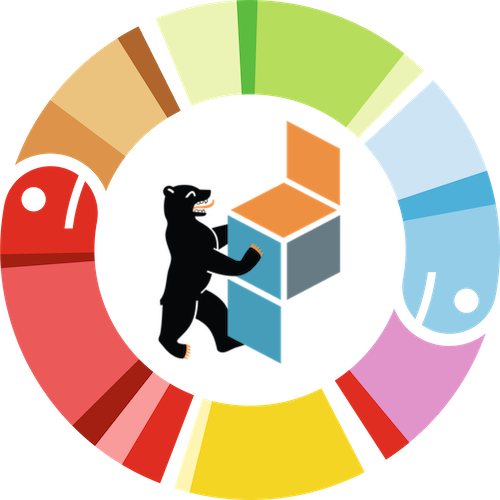Managing the end-to-end machine learning lifecycle with MLFlow
Tobias Sterbak
Please make sure to check out the installation instructions and data before participating. There might be no sufficient internet connection at the venue.
Instructions and data can be found here: https://github.com/tsterbak/pydataberlin-2019
Machine learning requires experimenting with a wide range of datasets, data preparation steps, and algorithms to build a model that maximizes some target metric. Once you have built a model, you also need to deploy it to a production system, monitor its performance, and continuously retrain it on new data and compare with alternative models. A possible solution to managing this complexity is offered by MLFlow. MLflow is an open source platform for managing the end-to-end machine learning lifecycle.
This tutorial showcases how you can use MLflow end-to-end to:
- Train models and keep track of experiments with MLflow Tracking
- Package the code that trains the model in a reusable and reproducible model format with MLFlow Projects
- Deploy the model into a HTTP server that will enable you to score predictions with MLFlow Models
Tobias Sterbak
Affiliation: Freelancer @ depends-on-the-defintion
Data Scientist | Deep Learning Practitioner | Mathematician
You can find me on Twitter @tobias_sterbak and blogging on https://www.depends-on-the-definition.com
